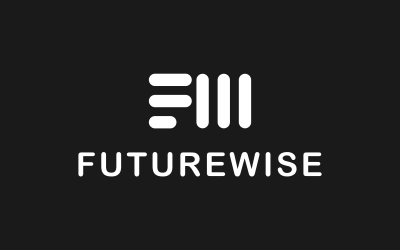We have all seen pictures of people walking while on their phone and hitting lampposts or walking straight into ponds. It is amazing that while we are carrying this science fiction type device in our hand, the human body and brain is not moving at the same speed. As one commentator said, we are stone age bodies living in a space age world. We have engaged in the largest work change in the last one hundred years, but we do need to ensure it does not have a deleterious effect on our relationships and our health.
Despite incredible advances in technology, our bodies have required the same amount of movement for preventive health for thousands of years. Unfortunately, technology and convenience often work against movement. We are ordering food online, we are glued to our screens, and we can now seemingly work all day without moving. Even moving between meeting rooms in an office makes us get up, whereas now we often conduct consecutive video meetings without ever getting up from our chair. The average weight gain for an average adult between 1960 and 2002 was 24 lbs (9.5kg). If you look at a response to this, rather than change back to a healthy environment we learnt to blame ourselves and we invented the diet industry. Let’s remember that all these lifestyle changes do not always have our interests at heart.
Studies are now showing that we are working longer hours at home. The time we have saved by not commuting has started to seep into working longer days. We also sometimes do not realise that this commute time was beneficial for us. It gave us this boundary between work and home and gave us time to reflect on the day and compartmentalise that part of our life. Now even our kids can’t see when you are working and when you are not, as little things like changing from a suit to casual clothes rarely happens.
We are also increasing our feelings of anxiety, isolation and loneliness. Noreena Hertz in her book The Lonely Century highlights that many people walk around all day with headphones in meaning that they miss out on all those micro-conversations. We now have a negative politeness culture – we would find it odd to have a warm nod of a fellow passenger. The joke that the best way to keep the seat beside you free on a bus is to smile at each person as they pass you, is not wrong! It is these small interactions with the passenger, the bus driver, the barista that help us navigate others, and we are shutting down from this. On days we work from home, we are not even giving these micro-conversations a chance.
Society has seen the rise in polarising views and if we look at friends and family, you often tend to have similar political views as them, but that cannot be said of your work colleagues. Therefore, when you come into work and you’re sitting at lunch and there are colleagues with differing political or economic views you realise that you have to moderate your behaviour. These skills are vital for empathy and seeing things from another perspective which again we do not learn without these messy work interactions.
Finally, we all see that digital overload is a huge challenge as people are never free from work, and always tethered to devices. There is no off switch any more from work. The tone on digital communication is much harder to convey than in real life. It can lead to more stress and anxiety due to our interpretation of emails or even our interpretation to the lack of a response to our whatsapp or text, and what that seemingly conveys.
Hybrid working is here to stay and in the long term it will be wonderful for almost everyone however we are still navigating this and it will take time. Let’s not forget that the longest study on health and happiness highlights that the most important measure of happiness is the strength and length of relationships. Let’s embrace hybrid working but ensuring we do not forget to build in plenty of time for colleagues, friends and families, the messy conversations can often end up being the best ones!
Peter Cosgrove is Managing Director of Futurewise and advises companies on how to navigate the new world of work.

